MIT researchers develop optimized sulfidation separation process for rare earth and other key metals
Green Car Congress
DECEMBER 19, 2021
New processing methods developed by MIT researchers could help ease looming shortages of the essential metals that power everything from phones to automotive batteries by making it easier to separate these rare metals from mining ores and recycled materials. A paper on their work is published in the journal Nature. —Caspar Stinn.

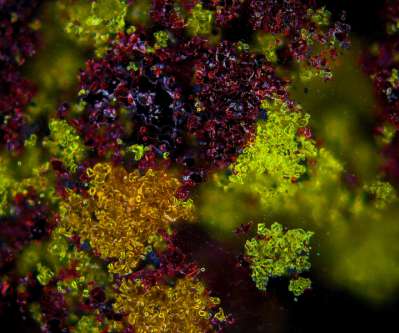
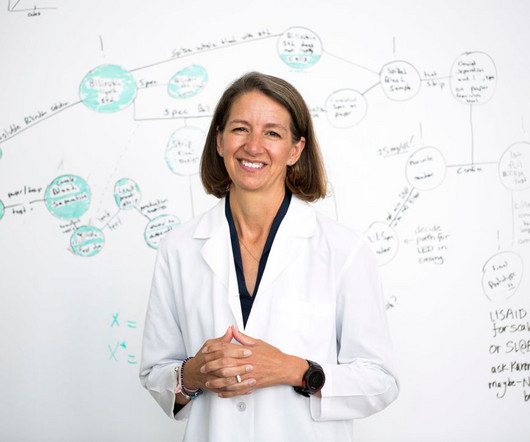





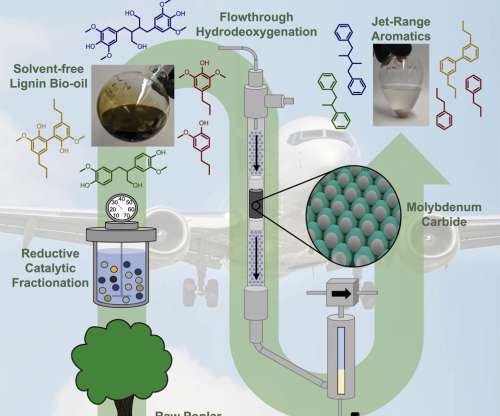









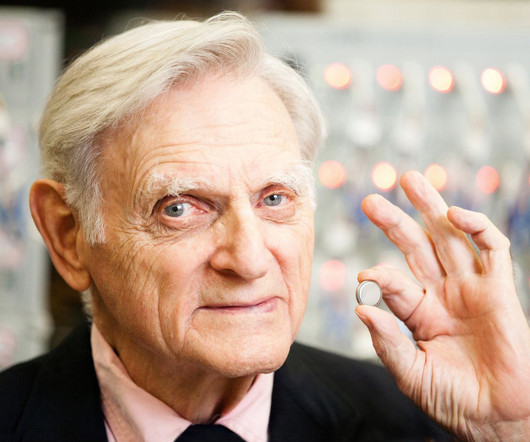
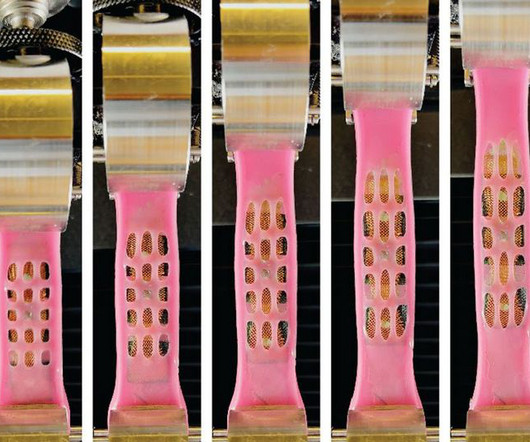




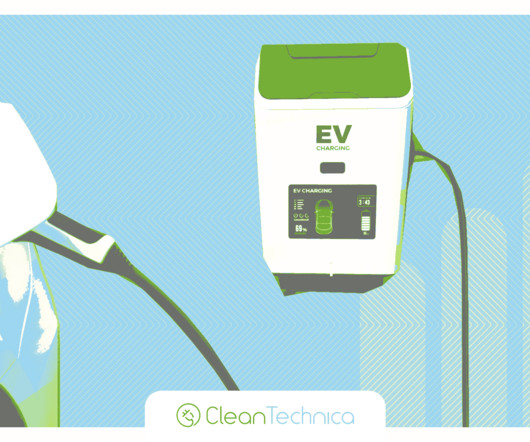



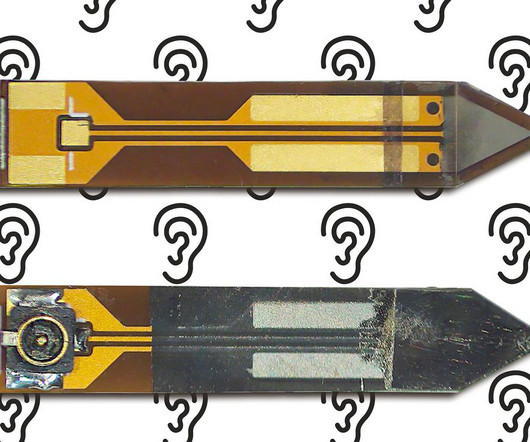



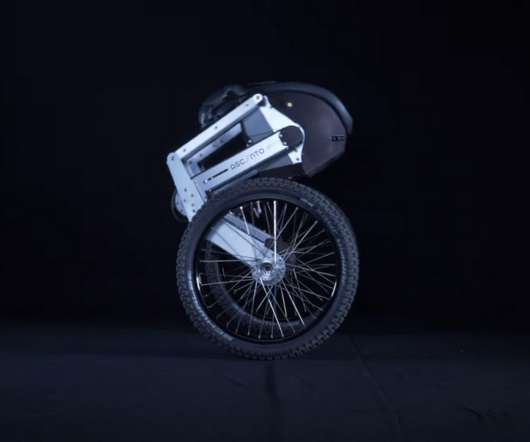
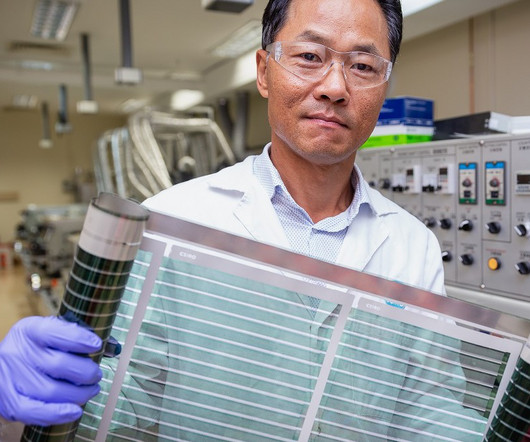

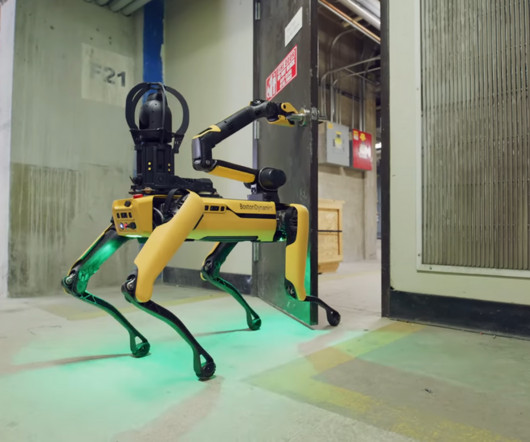
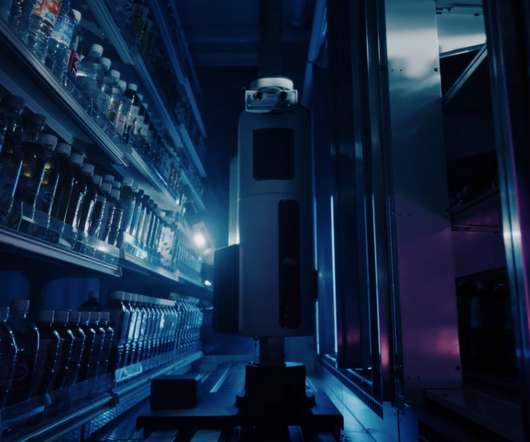






Let's personalize your content